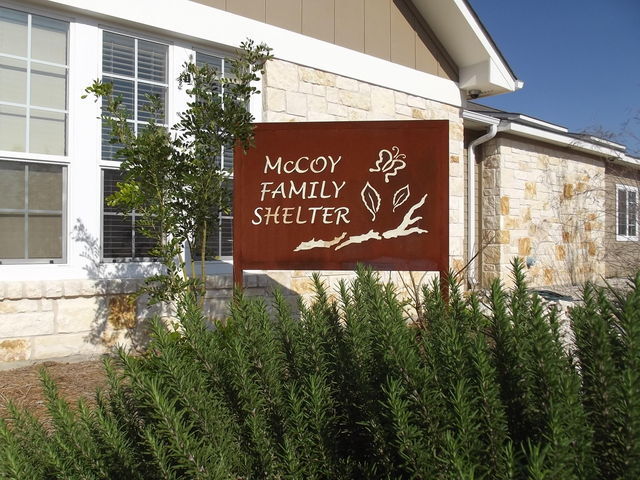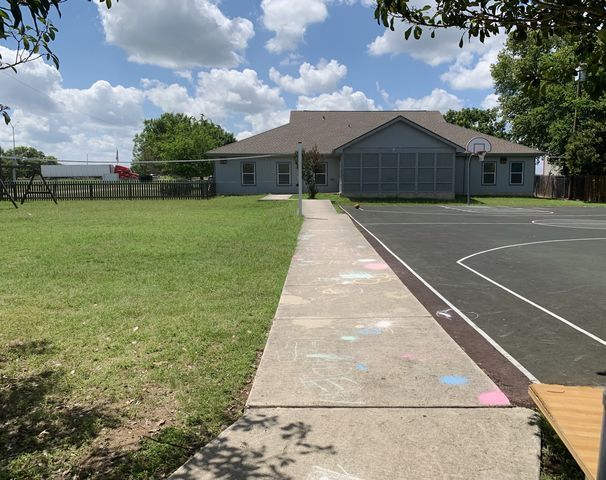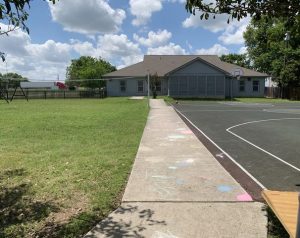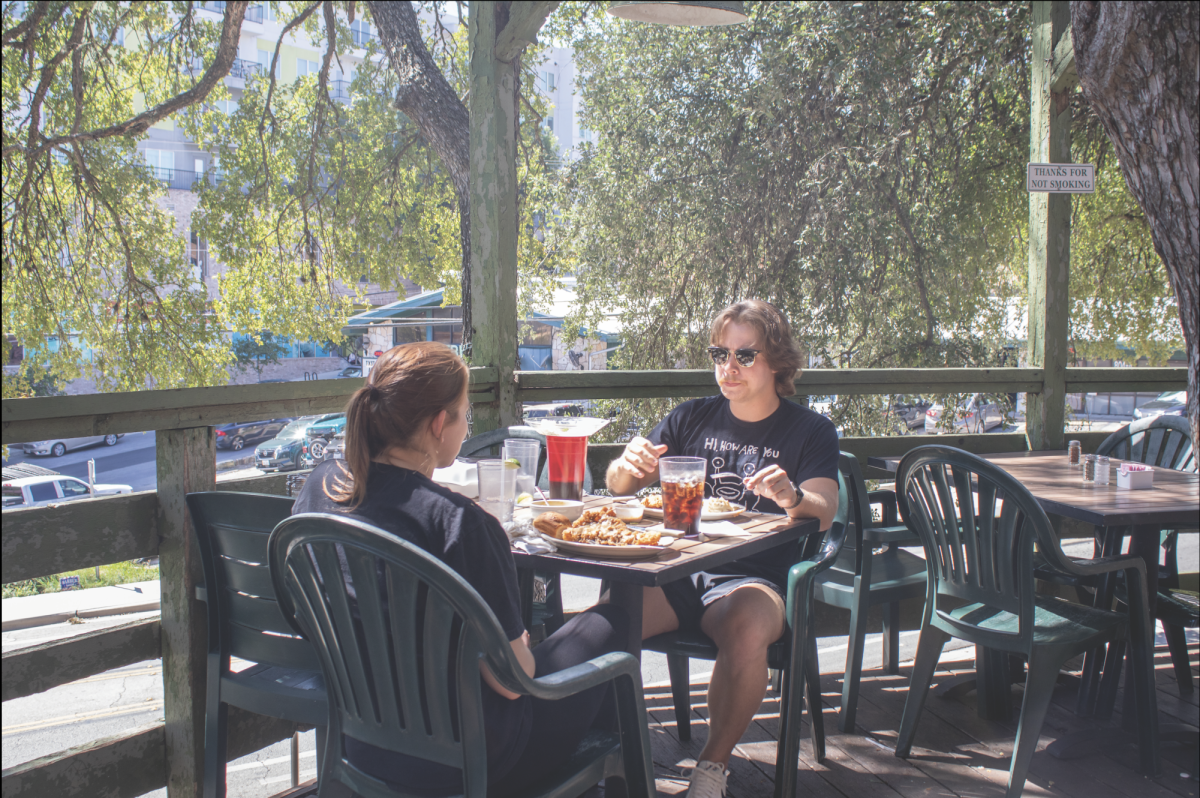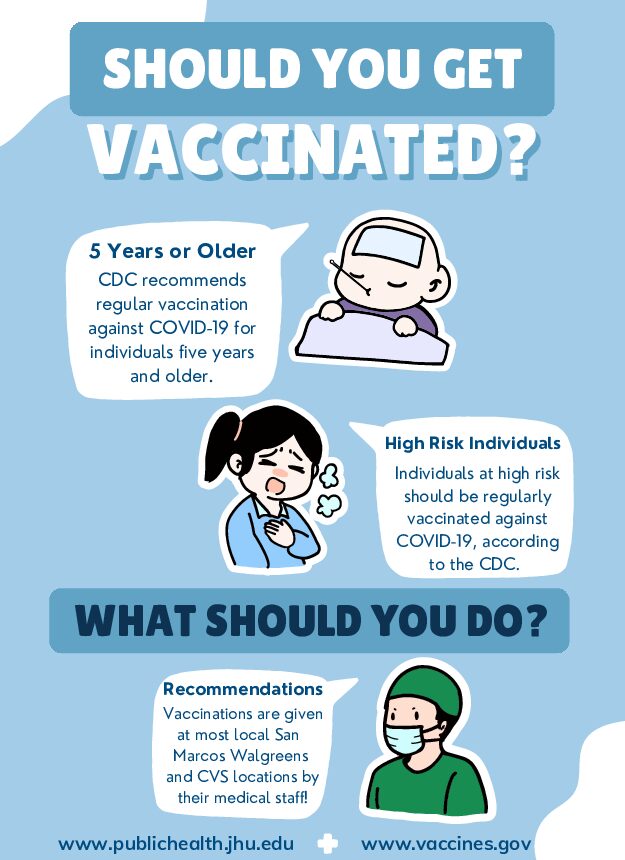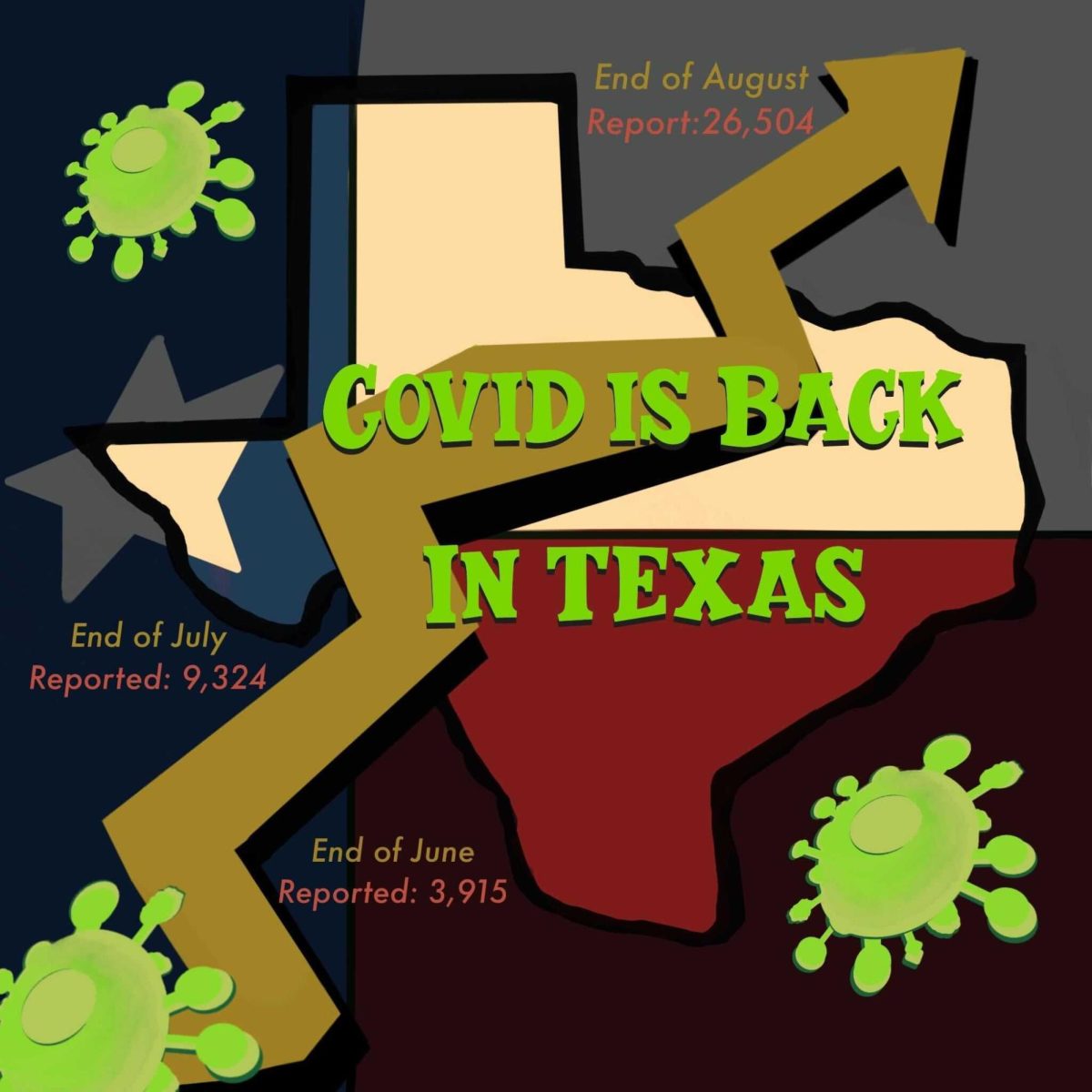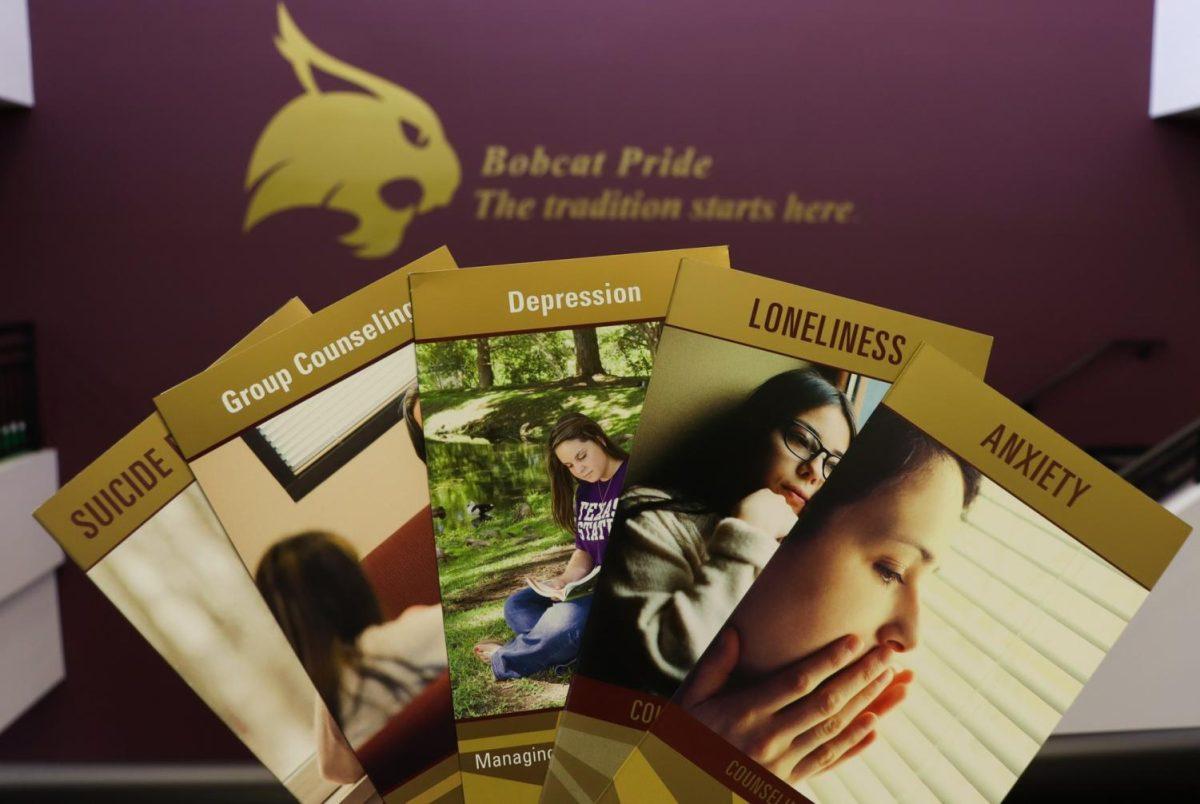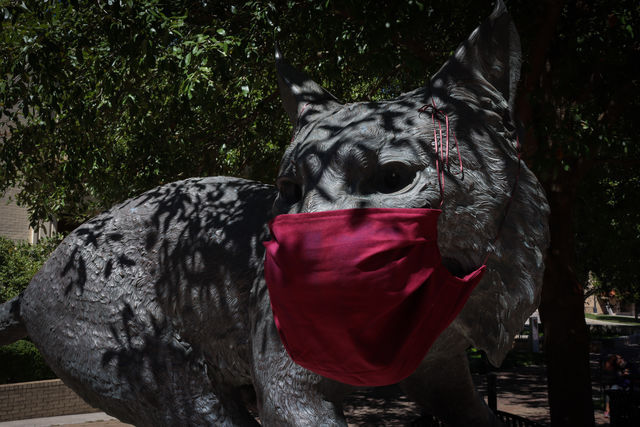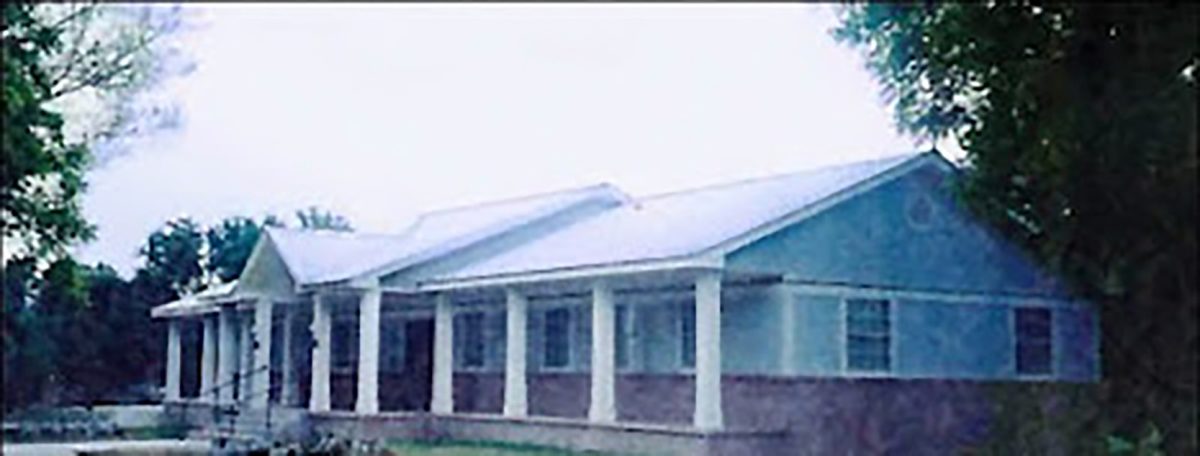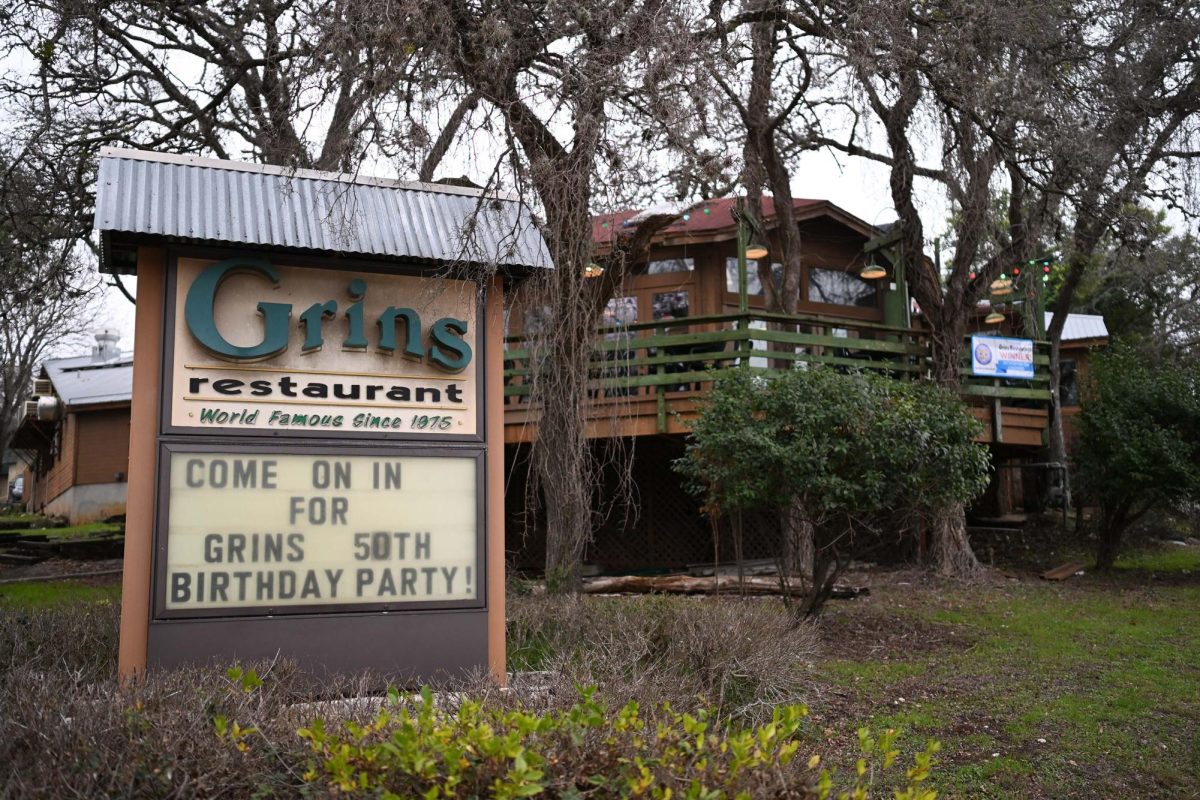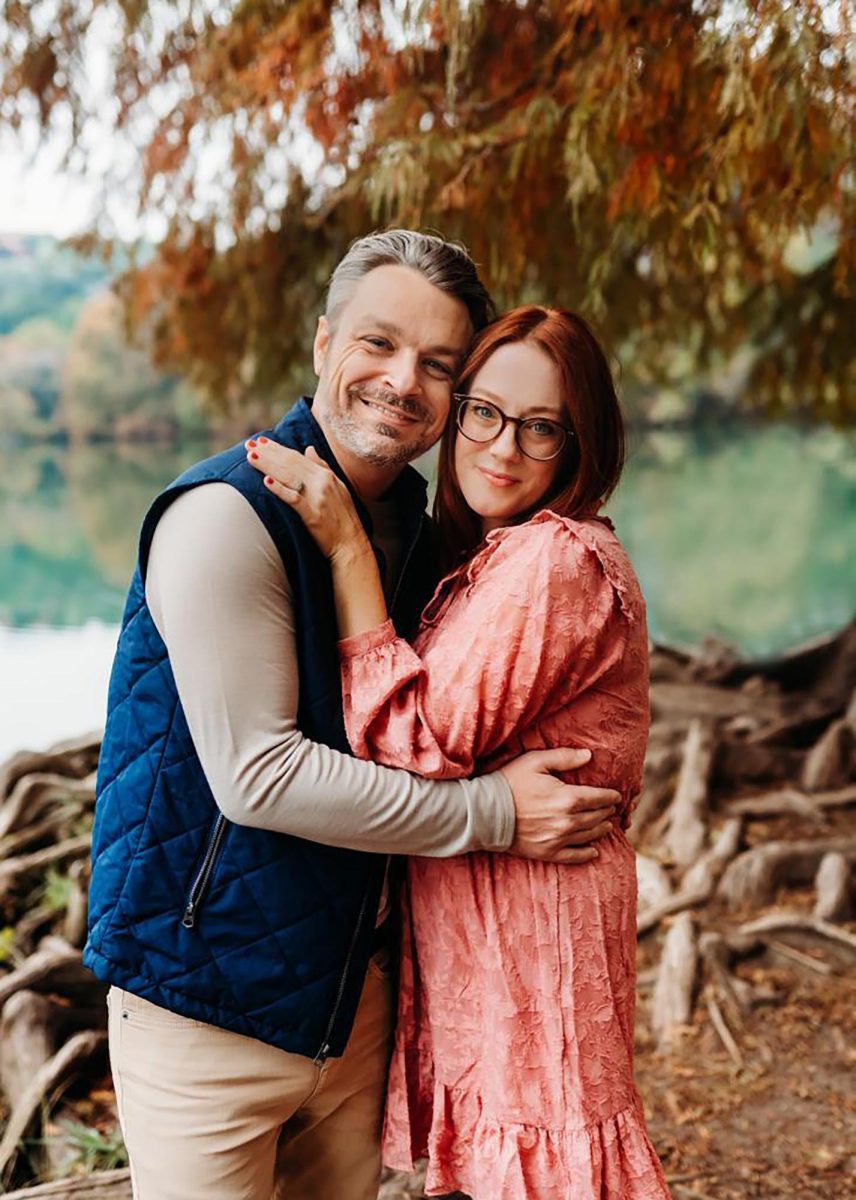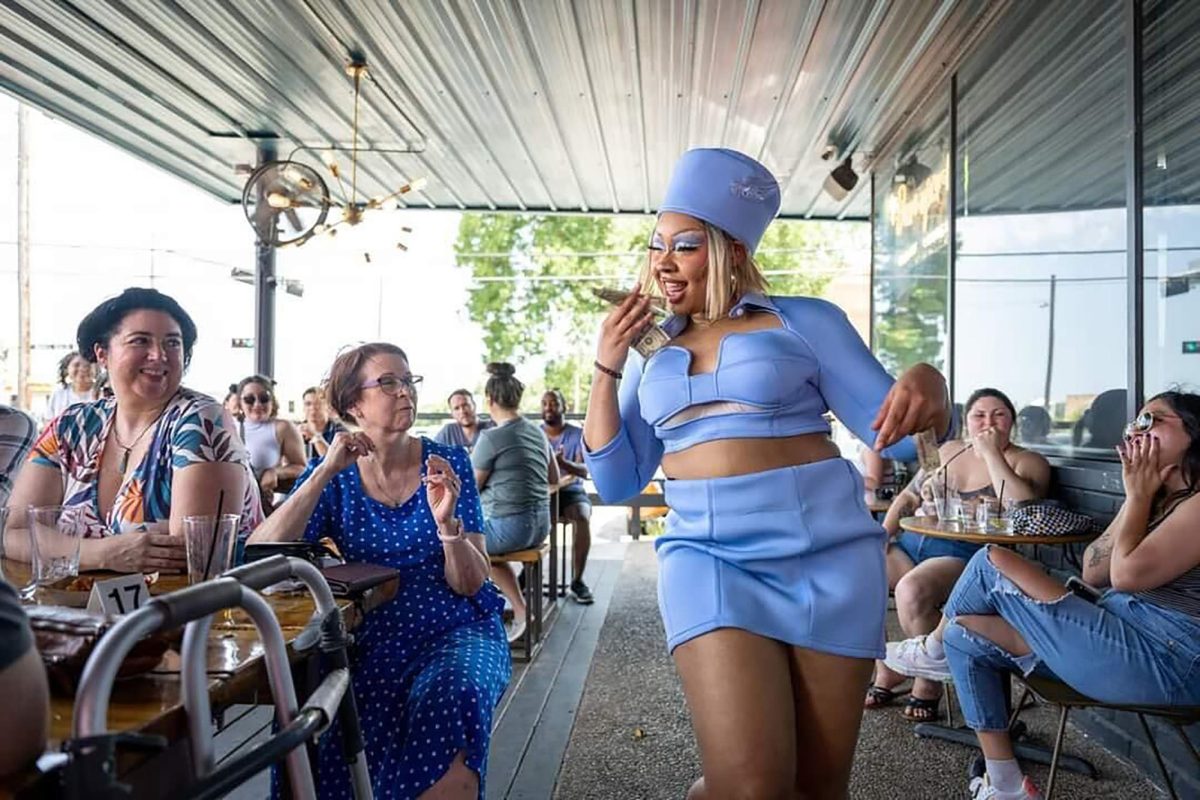For many families and individuals, COVID-19 is not only a public health crisis but also a stressor about unemployment, financial struggles and overwhelming emotions that carry over into home life.
To ensure families and individuals receive the proper resources and care to get through the challenges brought on by the pandemic, several shelters around Hays County remain open.
Helping residents of Hays and Caldwell counties, Hays-Caldwell Women’s Center (HCWC) advocates and provides non-residential and shelter services to women, men and children who are victims of sexual assault, dating violence, family violence and child abuse.
Melissa Rodriguez, director of community partnerships at HCWC, said when the severity of the virus became apparent in early March, the center’s initial reaction was to primarily focus on emergency services such as its crisis hotline which helps individuals who are in unsafe living situations.
Rodriguez said although she isn’t sure if the pandemic has increased the local community’s knowledge of HCWC, she believes the circulation of increased home violence stories will break down certain misconceptions individuals have concerning shelters.
“[HCWC] is there to empower [victims],” Rodriguez said. “I think that is another misconception, that we are just another institution telling them what they should and shouldn’t do; nothing can be further from the truth. We are there to give them information, resources [and] options.”
Fulfilling the needs of Hays County residents since 1927, Southside Community Center is dedicated to providing shelter, medical help and food for those in need throughout the community.
The center provides aid to all ages, but the youth and older population of Hays County utilize the center’s resources the most.
Executive Director Ruben Garza has served as the head of Southside Community Center for 32 years. Garza said the center oversees and works with many nursing homes in the area. During the pandemic, Garza said staff members have been passing out masks, hand sanitizers and pamphlets on health and safety precautions to local nursing homes.
Garza said the pandemic has brought the shelter new faces—from individuals who lost their jobs to those who worked at local institutions that shut down, leaving no place for people to send their youth.
“I put [the pandemic] in the same category as a flood,” Garza said. “And during a flood, you have to take extraordinary measures because it is an extraordinary circumstance. [So you know how they say] ‘great events make great people’, well, bad events make good people.”
In hopes of providing helpful resources for families and a healthy environment for children, Greater San Marcos Youth Council (GSMYC) has been serving the needs of the San Marcos community for nearly 35 years.
GSMYC is a collection of services such as family counseling, parenting classes, child advocacy programs, a crisis hotline and a designated group of staff members who help children with school.
Out of all the services the center has established, GSMYC may be best known for its children’s shelter which ensures a stable environment for children between the ages of two and 17 who may be experiencing unhealthy living situations at home or are in need of guidance.
Julia New, executive director of GSMYC, said COVID-19 snatched away children’s school days, which often contain a structured routine of social interactions and classes. Children then have to contemplate what to do with the absence of a place they consider safe.
“[A child] gets a break from what is happening at home [when they are at school],” New said. “Even if you come from the absolute best scenario for parents or home conditions, living with people is stressful.”
New said GSMYC’s approach to the pandemic was to incorporate daily temperature checks for children visiting the shelter.
After realizing how sudden and alarming the new safety protocol could seem to the kids, she decided to print out interactive coloring pages to help explain the severity of the pandemic to ease their minds.
“That is a big thing of what we do—teaching kids to be more resilient, helping them be more resilient,” New said. “Because if you don’t have resiliency, you get knocked down a lot in life.”
For additional resources regarding local shelters, visit their website or give them a call.
The University Star’s COVID-19 coverage can be found here.
Categories:
Local shelters remain open amid COVID-19
June 9, 2020
A burgundy sign with butterflies and leaves. that reads “McCoy Family Shelter” is the first greeting visitors and residents receive when entering Hays-Caldwell Women’s Center. (Photo courtesy of Melissa Rodriguez )
0
Donate to The University Star
Your donation will support the student journalists of Texas State University. Your contribution will allow us to purchase equipment and cover our annual website hosting costs.
More to Discover


